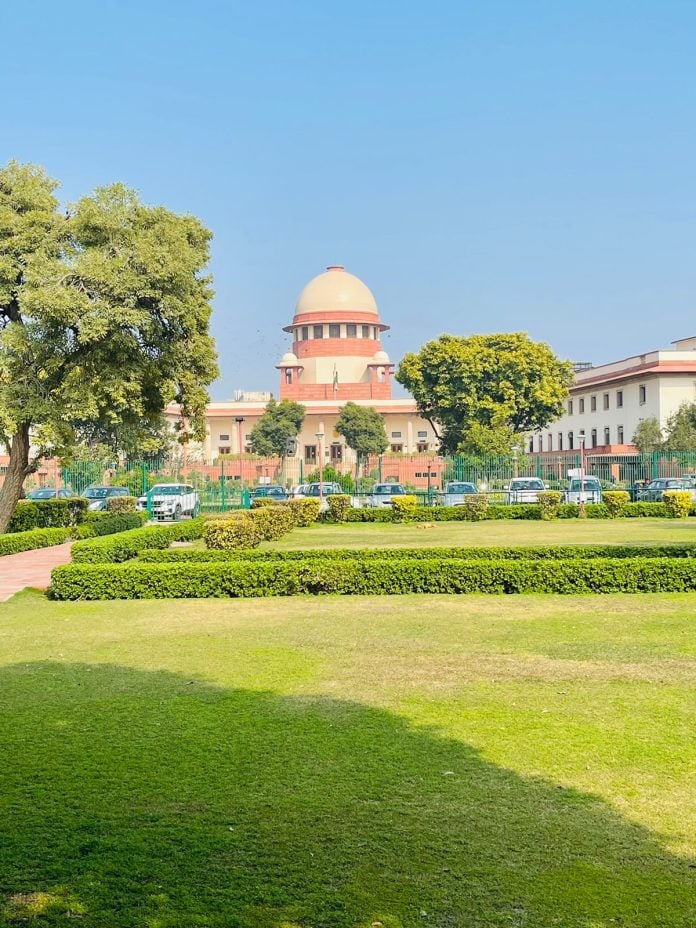The Supreme Court on Thursday quashed the interim order passed by the Punjab and Haryana High Court, which had stayed the operation of Haryana government’s law providing 75 percent reservation in the private sector jobs paying less than Rs 30,000 a month, for those having a domicile in the state.
A Bench comprising Justice L. Nageswara Rao and Justice P.S. Narasimha observed that the High Court had not given adequate reasons for the stay on reservation in its judgement.
The Apex Court directed the High Court to hear and dispose of the matter within four weeks.
However, the Supreme Court also directed the state government not to take any coercive steps against any company for not complying with the law.
During the hearing on the matter, Solicitor General Tushar Mehta said that a similar reservation policy existed in the states of Andhra Pradesh, Jharkhand and Maharashtra.
Also Read: ED probe should follow registration of FIR: Sr Advocate Niranjan Reddy to SC on PMLA
While the decisions of Andhra Pradesh and Haryana governments have been challenged, the orders of Jharkhand and Maharashtra Governments have not been given a call, noted the SG.
Association of companies and industrial units opposed before before Supreme Court that Haryana law saying that it is very drastic law and affects the very idea of indian economy as a unit and such policy would affect their functioning and operations in the state.
The Punjab and Haryana High Court had ordered a stay on the implementation of domicile reservation in private jobs in Haryana.
Also Read: Supreme Court conducts hearing on implementation of OROP in armed forces
Earlier, the state government had ordered that 75 per cent of private jobs in the state will be reserved for local citizens of the state, having a domicile certificate. The Haryana Industries Association, the Faridabad Industrial Association and others had moved the High Court against the same.
The Haryana government then filed a petition in the Supreme Court against the Punjab and Haryana High Court’s stay on the 75 percent reservation in private sector jobs for the residents of the state.


